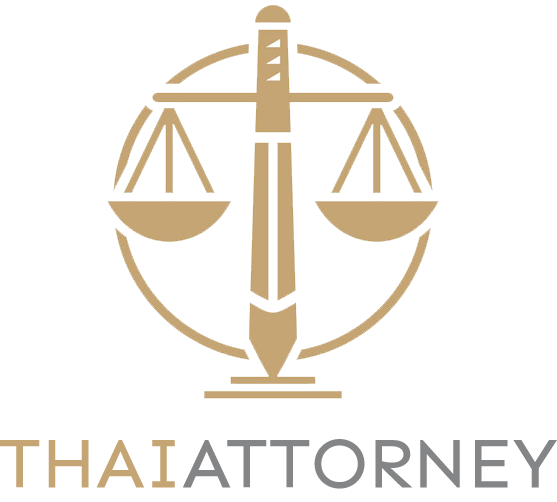The company registration process can be complicated, but it’s essential to have the right expertise. Our consultants are well versed in Thailand’s corporate structures and can help you choose the best option for your business.
The first step is reserving a name with the Department of Business Development. Then you must hold a statutory meeting to draft the Memorandum of Association and the Articles of Incorporation.
Choosing a business name
The first step in a Thai Limited Company Registration is to reserve a business name with the Department of Business Development. This usually takes 1-3 days. The name must satisfy certain guidelines, such as not being identical to existing companies and ending with “limited”.
Sunbelt Asia can assist you in choosing a name that will suit your business. You will also need to provide proof of address, copies of the Managing Director’s passport or ID card and a company seal, which we can help you design. After reserving the name, you will need to hold a statutory meeting of shareholders. You will need to publish the call for this meeting in a local newspaper.
Preparing the Memorandum of Association (MoA)
The MOA is a legal document which defines how a company will be formed. It must be filed with the Department of Business Development (DBD) along with an application for registration and stamp duty of THB 200.
During the process, we assist you with all necessary documents and communications with the DBD to ensure that all procedures are followed. This includes registering the company name, preparing the MOA and convening a statutory meeting.
Our experienced team can also help you determine the appropriate share structure to support your business operations. If you are planning to hire foreign staff, the company must have at least 2 million baht in registered capital, fully paid up.
Drafting the Articles of Incorporation (AoI)
AoI is the legal document that outlines important details such as the company business, shareholders, registered capital, and more. It’s essential that all stakeholders such as the investors, banks, or private money lenders have a clear picture and understanding of your business by reviewing these documents.
Depending on your business activities, you may also need to register for taxes (TIN and VAT), and register employees with the Social Security Office. With well-prepared documentation and professional guidance, registering a limited company in Thailand can take a few days.
Obtaining the Certificate of Incorporation (COI)
A company registered in Thailand has the potential to access a sizable consumer market. It can also benefit from its robust rail, roadway, and aviation transportation systems.
It is important that you prepare all documents in advance so that the entire process of registering a company in Thailand is completed on time. A corporate expert can assist you in preparing the Memorandum of Association, drafting the Articles of Incorporation, and convening a statutory meeting.
The first step in registering a company is to reserve the name. This can be done online and is typically approved within 1-3 days. The company name must not be misleading and must end with “Limited”. It must also comply with Department of Business Development guidelines.
Obtaining a Tax Identification Number (TIN)
Getting a TIN for your company is a simple process that requires just a few documents. Companies that are liable for income tax will have to register for VAT (value-added tax) as well.
Before applying for a TIN, you must reserve your company name with the DBD. This step is important because the name must follow the guidelines set by the department. You will also need to obtain any necessary licenses and permits, which vary depending on the business type you are planning. Additionally, you must pay stamp duty on the various documents required for registration. This is usually around 400 baht per document.
Obtaining a Work Permit
The final step in registering your Thai Limited Company is to obtain a work permit. The process can be complicated and time-consuming, especially for foreigners who don’t speak fluent Thai. Integrity Legal has a team of American and Thai lawyers who deal with the Thai government on a daily basis and can help you get through this process quickly.
A BOI-certified firm may have 100% foreign ownership if it falls within the list of targeted industries, and does business with the local market. Generally, such companies would need to have a minimum registered capitalization of two million baht and register for VAT and corporation tax.

